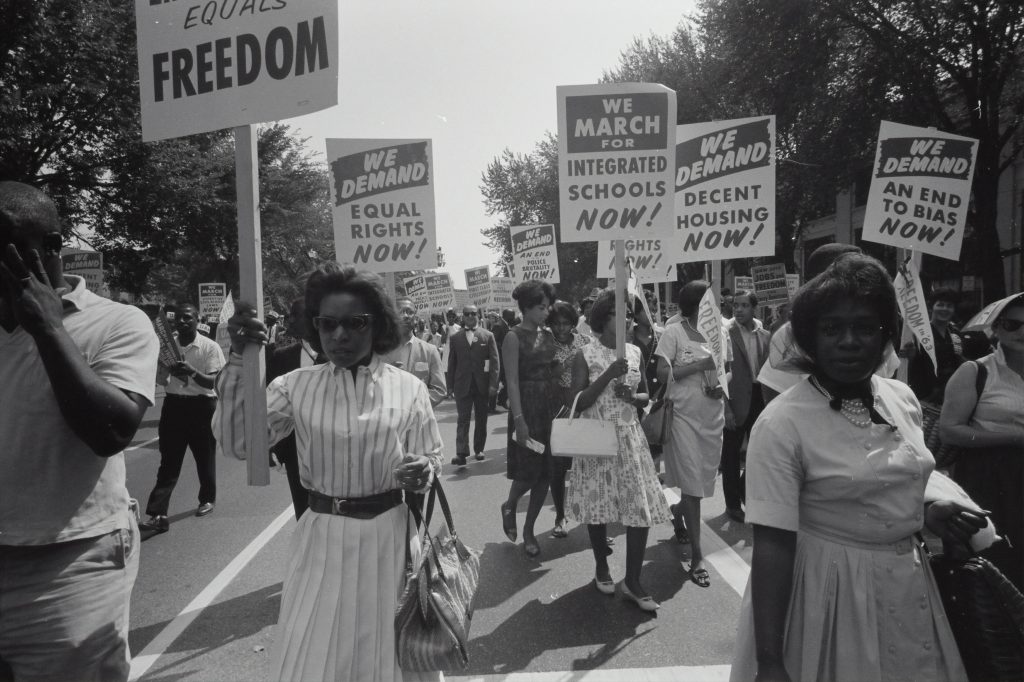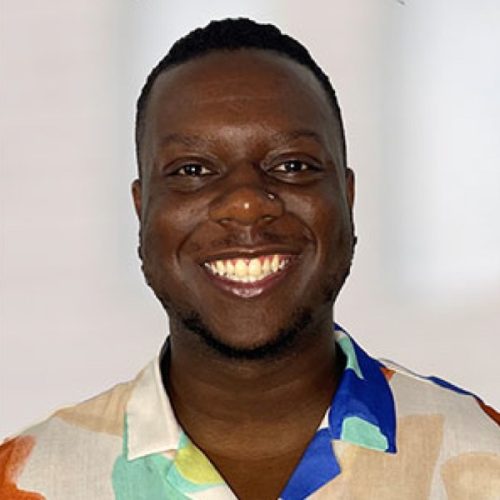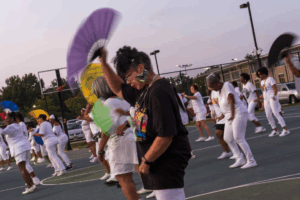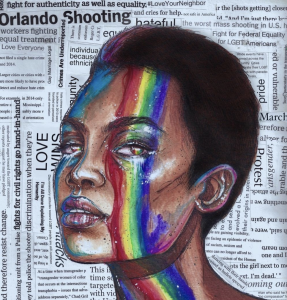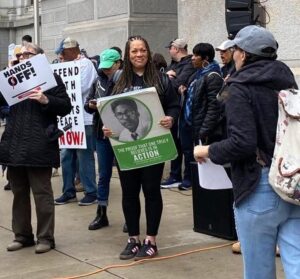By Levi Perrin
The Black matriarch stands resolute as the cornerstone of Black America–a beacon of wisdom that commands audience and allegiance. The heartbeat of the community, sustaining and nurturing generations with grace and the courage to propel us into a future was once only imagined.
Imagine the matriarchs of every family and community: a figure of boundless grace and power, whose influence ripples far beyond the confines of her family–both by blood and association.
She is the shepherd of ancestral knowledge and traditions, passing down stories of struggle and triumph like precious heirlooms. In a community where systemic obstacles have historically loomed large, the matriarch has been a source of unwavering support, nurturing dreams in the face of adversity.
In the modern Civil Rights Movement, Black women leaders emerged with force, armed with determination and poised to lead, even when they were suppressed and denied.. They stood at the forefront of dangerous calls to action, often overlooked and caught between the double missile of racism and misogynoir.
Consider the blinding light of Ella Baker’s position and presence. Her beliefs in fostering a spirit of collective action and autonomy from the ground up was revolutionary. In Baker’s hands, activism became a dynamic force, fueled by solidarity and driven by a deep-seeded commitment to speaking the truth in pursuit of justice.
She once boldly proclaimed, “Until the killing of black men, black mothers’ sons, becomes as important to the rest of the country as the killing of a white mother’s son, we who believe in freedom cannot rest until this happens.”
From Emmett Till’s Mamie Till-Mobley to Trayvon Martin’s Sybrina Fulton, the refrain transcends time. Theirs is a rallying cry for Black mothers, joined with others demanding that we center the protection of our children so that they can live to become our future. As recently as 2016, Movement Mothers, a collection of Black mothers that belong to this unenviable club, continue to push for change. These women have lent their voices to the chorus demanding better.
The matriarch’s influence extends far beyond activism. It is woven into the fabric of everyday life. In communities where systemic injustices persist, Black women have been pillars of strength, holding families and neighborhoods together through sheer force of will. Their contributions are not merely symbolic; they are the lifeblood of resilience, ensuring that hope endures even in the darkest of times.
As Angela Davis said, “I am no longer accepting things I cannot change. I am changing the things I cannot accept.”
The pendulum of sisterhood swings from kindred spirit to kindred spirit. For every Ida B. Wells chronicling the realities of the antebellum south there is an Isabel Wilkerson charting the path of the Black expanse; for every Harriette Moore paying the ultimate price for her commitment to community, there are members of the Sisters Civic Circle dedicated to keeping her legacy alive; and, for every Shirley Chisholm busting open locked doors, there is a Lauren Underwood using her position as the youngest Black woman ever elected to Congress to fight for the Black maternal health crisis.
This interconnectedness is the thread that binds Black women’s activism. It highlights the concept of what it means to respect and hold the line for a community. These women have shouldered the weight of history. They are trailblazers, advocates, and caregivers who inspire and uplift. To honor Black matriarchs is to recognize their indispensable role in shaping a more equitable and inclusive society.
The narrative of Black matriarchs remains an enduring testament to the power of unwavering resolve. Their stories inspire us to confront injustice, embrace unity, and strive for a world where the dreams of generations past are realized for generations to come.
Levi Perrin is a writer for Unerased | Black Women Speak and senior communications manager for the Center for the Study of Social Policy.

